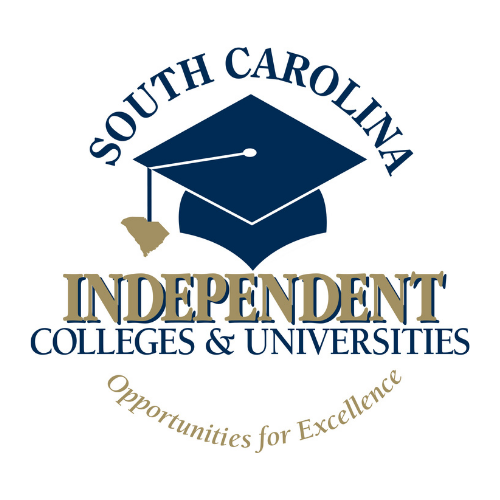We very much appreciate Governor McMaster’s recognition in his Executive Budget of the importance of independent higher education in South Carolina. The Executive Budget reflects SCICU’s top legislative priorities:
- Maintains last year’s $10 million in funding for the Tuition Grants Program. It also preserves last year’s funding increase for the South Carolina Commission on Higher Education (CHE) Need-Based Grant program, which SCICU supported – for its part, CHE supported the Tuition Grants Program increase.
- Fully funds the state merit scholarships. At about $315 million the merit scholarships are the largest form of state support for students.
- Funds the Partnership Among South Carolina Academic Libraries (PASCAL), a consortium of 56 private and public colleges and universities. This cost-sharing coalition has saved campuses about $140 million since its inception in 2004.
S.C. Tuition Grants Commission (TGC) Executive Director Katie Harrison did a great job presenting the commission’s budget request to the Higher Education Subcommittee of the House Ways and Means Committee.
Katie noted that, for the first time in the history of the Tuition Grants Program, the maximum grant reached the statutory maximum, which is based on the average per FTE subsidy at the public 4-years. This year that amount is $4,390.
She asked to continue last year’s $10 million increase in lottery funding, as proposed in the Executive Budget, though preferably changed to recurring in order to enhance the predictability of the grants and grant amounts.
The subcommittee was impressed by only 1% of TGC’s budget being administrative costs.
Speaking of funding, the governor and General Assembly have more money to spend this year than they ever imagined, to the tune of an additional $6 billion:
- ARPA (non-recurring): $2.5 billion
- Savannah site (non-recurring): $525 million
- State surplus/carryover (non-recurring): $2.2 billion
- Additional recurring state revenue: $897 million
Under a new DHEC guidance K-12 teachers and staff exposed to COVID-19 won’t need to quarantine if their school is in a ”crisis staffing” situation. According to DHEC, that’s when a school is unable to maintain operations due to staffing shortages and would need to otherwise close.
In the official guidance you’ll see the terms “fully vaccinated,” (the original two shots) and “maximally vaccinated” (the two shots and the booster, if eligible). School teachers and staff who are not maximally vaccinated and who have been exposed to COVID-19 but have no symptoms no longer need to quarantine, as long as they have a negative test on day 5 after their exposure and wear a mask for 10 days after exposure.
As DHEC notes: “This change will allow more schools to continue providing in-person education for students when they otherwise could not maintain operations due to staffing and would have to close.”

